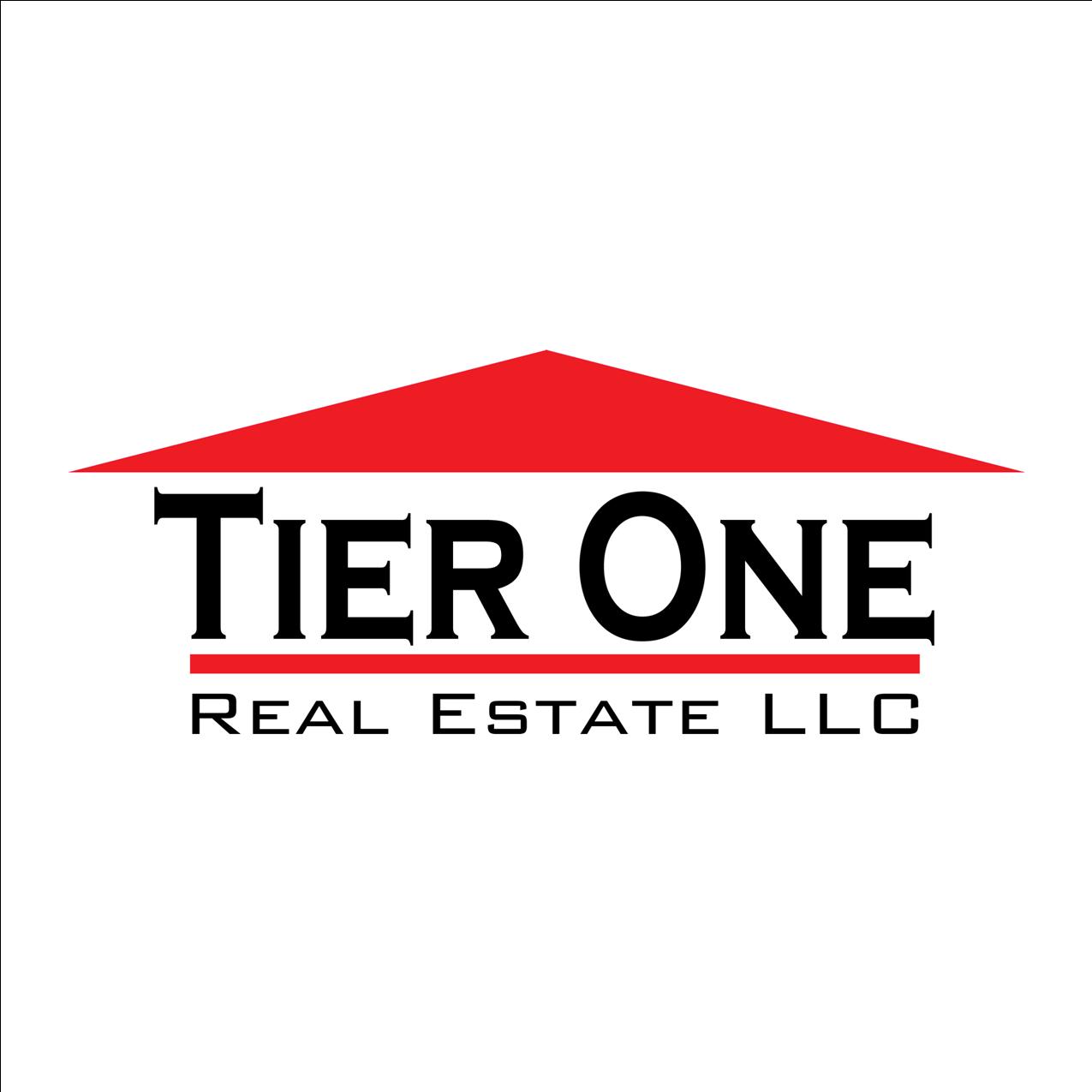When you hear that a Realtor is a 'Multi-Million Dollar Producer' - do you automatically assume they've banked multiple millions of dollars?
How much money would you guess an agent takes home after closing 1 million dollars' worth of sales?
a.) one MILLION dollars (Said in Dr. Evil's voice.)
b.) $100,000
c.) $1,000
d.) somewhere in-between 'b' and 'c', but much closer to 'c'
If you guessed 'd,' somewhere between $1,000 and $100,000, but much closer to $1,000 - YOU'RE RIGHT!
The amount of money that an agent makes on any given sale can vary widely from company to company, and even from agent to agent. Some companies charge agents various fees for having desk space, a phone line, etc. Some companies charge agents to print flyers or make copies. In general, the more services the real estate company provides for the agent, the more money that company will take out of the commission check. Then, within each company, there can be a wide spread of commission splits between the various agents. Typically, agents that sell more real estate are rewarded with higher splits.
Here's a very generic commission breakdown:
Assuming a $100,000 sale price on a home that was listed at 6% commission...
Commission is often, but not always, split equally between the seller's agent (the listing agent) and the buyer's agent (the selling agent). -You're not confused already, are you???
An equal split of the 6% commission would mean that each real estate company (the company that the buyer's agent works for AND the company that the seller's agent works for) would get a check for $3,000. And yes - this can sometimes be the same company. The breakdown works basically the same if both Realtors happen to work for the same company.
When the agents leave the closing table with ‘their' $3,000 check in hand (made out to their company); they take it back to their office to be further distributed. If the company is part of a franchise, like Coldwell Banker, for example - then the franchise will typically take a cut of the check. Let's just use a generic 5%. With 5% of the $3,000 going to the corporate office to cover the costs of national advertising, company websites, etc. that leaves $2,850 to be split between the agent and the office in which the agent hangs their license.
Let's assume, the agent has earned (or paid into) a 60% split with their company. (Many agents would be splitting that money equally with their office; many would be receiving a little larger cut.) So, if the agent is on a 60% split with their office, the office would earn $1,140 from that $100,000 sale. That $1,140 to the local office would be applied toward the costs associated with print advertising, internet advertising, office utilities, marketing material, supplies, real estate signs, secretaries, receptionists, etc.
And the remaining $1,710 would go to the agent. That has to cover our own marketing materials, our car, gas to drive buyers around, time researching properties, time showing properties, time negotiating contract terms, time attending/coordinating inspections, time negotiating repairs, time spent reviewing closing documents, time doing the final walk-thru, attending closing, and the cost of the closing gifts we usually buy clients to thank them for working with us.
There are typically 30-45 days between writing an offer and going to closing. And there can be any amount of time spent showing/marketing properties before getting something under contract... Sometimes it takes one day, sometimes it takes YEARS...but if you guessed that it's usually somewhere between one day and YEARS - you're right again!
So - if for each $100,000 sale; our hypothetical agent makes $1,710 - and it would take ten $100,000 sales to equal 1 million dollars of property sold...
...then that hardworking agent would make (pre-tax and before deductions) $17,100 in earning his/her 'Million Dollar Agent' name badge. (For completeness sake, most companies will charge the agent for the new, upgraded name tag.)
(That's just one hypothetical example. Often, higher property prices will translate into lower commission rates... And, for what it's worth - it's usually the lower priced homes that wind up being the most labor-intensive transactions...)
So next time you buy or sell a home you now know what that agent is really working for. And if you have been reading my blogs you know that using an agent in a transaction will always net you more money in a shorter amount of time then if you sold it on your own. Period.



